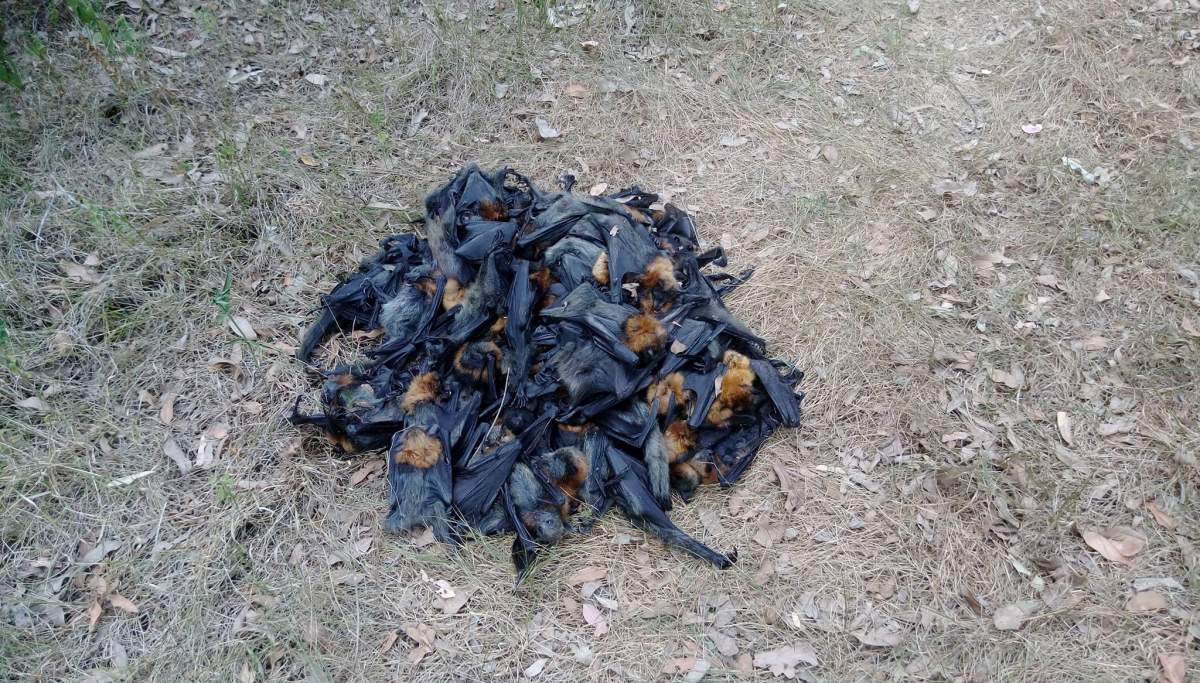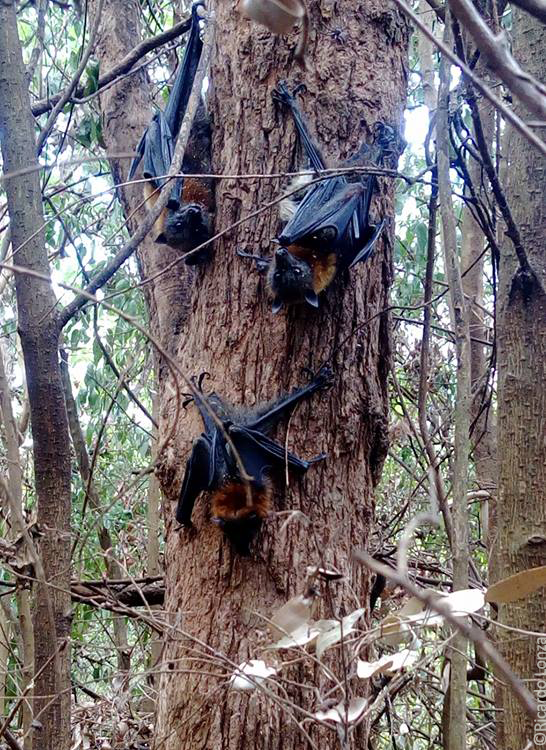Dangerous heat is roasting parts of Australia with temperatures spiking so high that hundreds of baby bats were found dead on the ground due to exhaustion and dehydration, experts say.

READ MORE: Bat invasion in Australia town prompts closures, protests
On Sunday, Sydney endured its hottest temperatures in nearly 80 years as the mercury rose to 47.3 C. In the city’s western suburb of Campbelltown, the heat wave caused flying fox bats to fall from the trees.
The Help Save the Wildlife and Bushlands in Campbelltown posted images to Facebook showing hundreds of corpses of the animals lying on the ground.
“Adults sought out shade and more shelter further up the creek resulting in many babies being left behind to deal with the heat,” the group said.
“As the dead bodies were recovered and placed in a pile for a head count the numbers had reached 200 not including the many hundreds that were still left in trees being unreachable, sadly a few adults were also included in the body count.”

Get daily National news
WATCH: Australian heat wave pushes mercury to 47.3 Celsius in Sydney

Volunteers have been working to help save the bats by giving them water and moving them to cooler locations, the group said.
“It’s devastating when a colony like our local one goes down like this due to heat, this colony needs more canopy cover and shaded areas to help with our ever rising hot summers because this episode will surely not be the last,” the group added.
The flying fox is Australia’s most common bat, but is still vulnerable to extinction, according to Science.
— With files from the Associated Press












Comments
Want to discuss? Please read our Commenting Policy first.